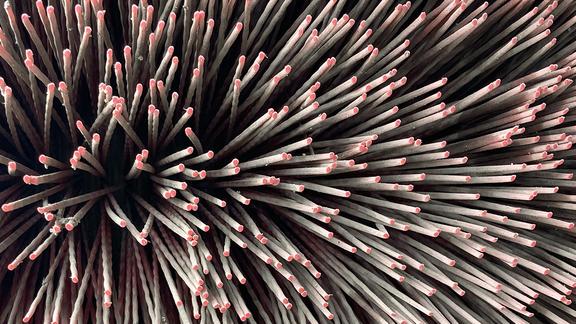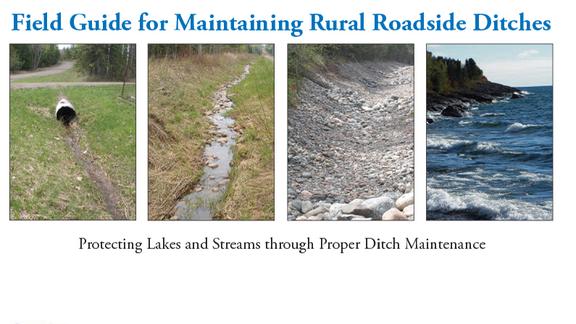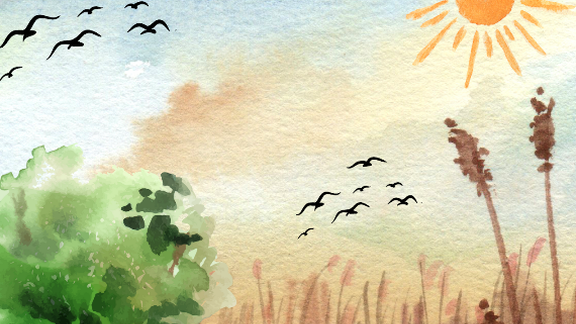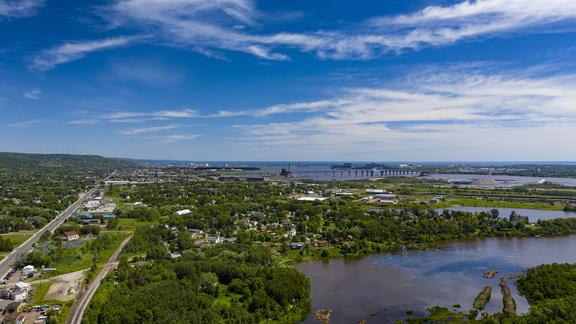The United States manages millions of square miles of coastal ecosystems that support a variety of recreational, commercial, and subsistence activities. Sea Grant helps residents, natural resource managers, business, and state and local governments protect and restore healthy coastal habitats for continued ecosystem and public well-being.

Get Swept up! Clean Sweep Education & Training Program. The Water Resources Center (WRC) and Minnesota Sea Grant (MNSG) at the University of Minnesota partnered with the Minnesota Pollution Control Agency (MPCA) to develop the Clean Sweep Program. This education and training program is designed to help communities initiate street sweeping programs that will help them meet their water quality goals by targeting their efforts where it counts the most.

By following the practical advice in this guide, people working on ditches can solve ongoing and irritating maintenance issues while protecting lakes and streams.

On April 14, 2022, the University of Minnesota Sea Grant College Program hosted a one-day, virtual workshop with the goal of generating ideas and partnerships leading to targeted and impactful research funding for the St. Louis River Estuary and providing a mechanism for estuary-wide decision making.

The goal of this project is to determine if small-scale removal of invasive, hybrid cattails can improve abundance and diversity of plants and fish on Minnesota lakeshores.

RSPT's mission is to protect and enhance the region's shared water resources through stormwater pollution prevention by providing coordinated educational programs and technical assistance.

Twin Ports Freshwater Folk is an informal gathering of people from the Twin Ports who are engaged in freshwater research, policy, and/or regulation issues.

The Wild Rice Field Guide is designed to support field crews who monitor wild rice, known to the Anishinaabeg as manoomin, populations. The methods are designed to show respect for Native American and First Nation peoples' views of the sacred nature of manoomin.